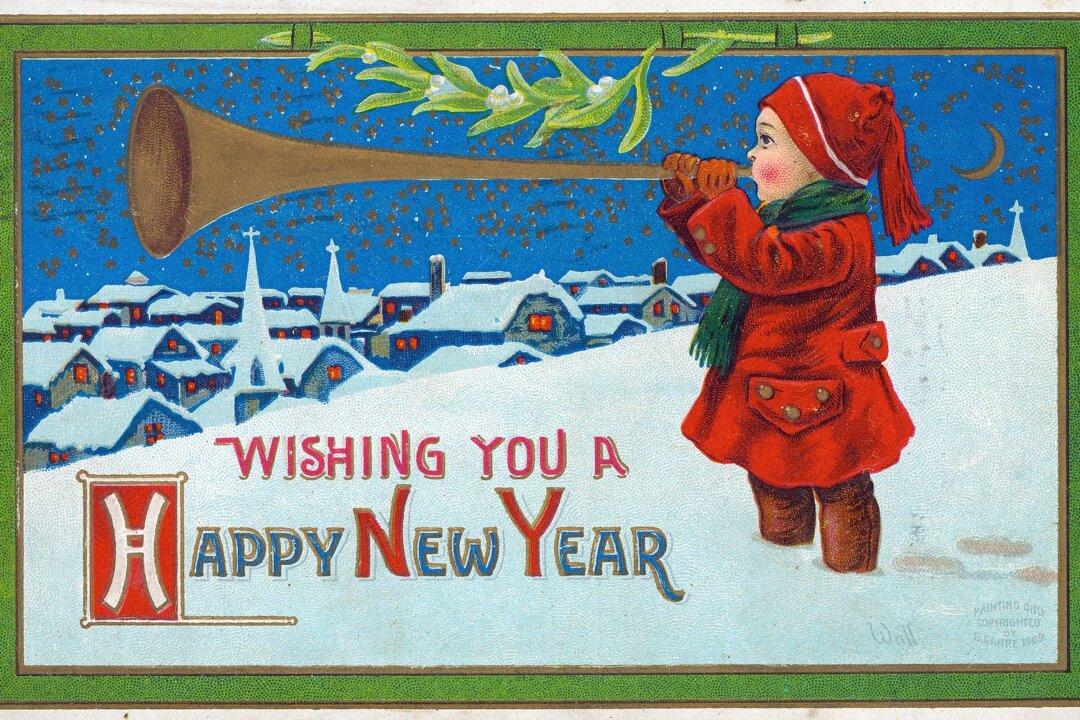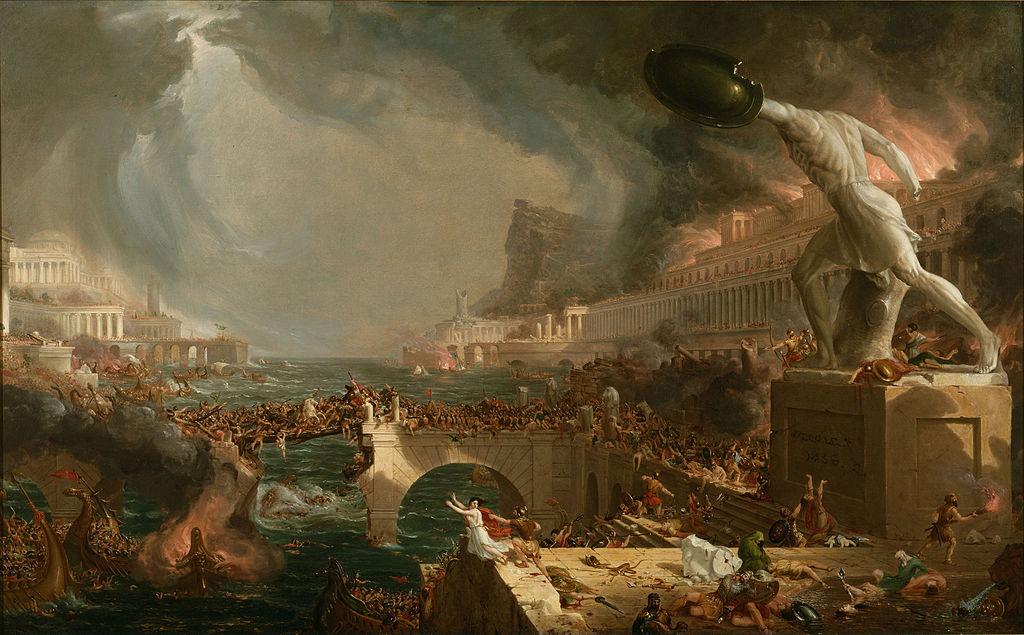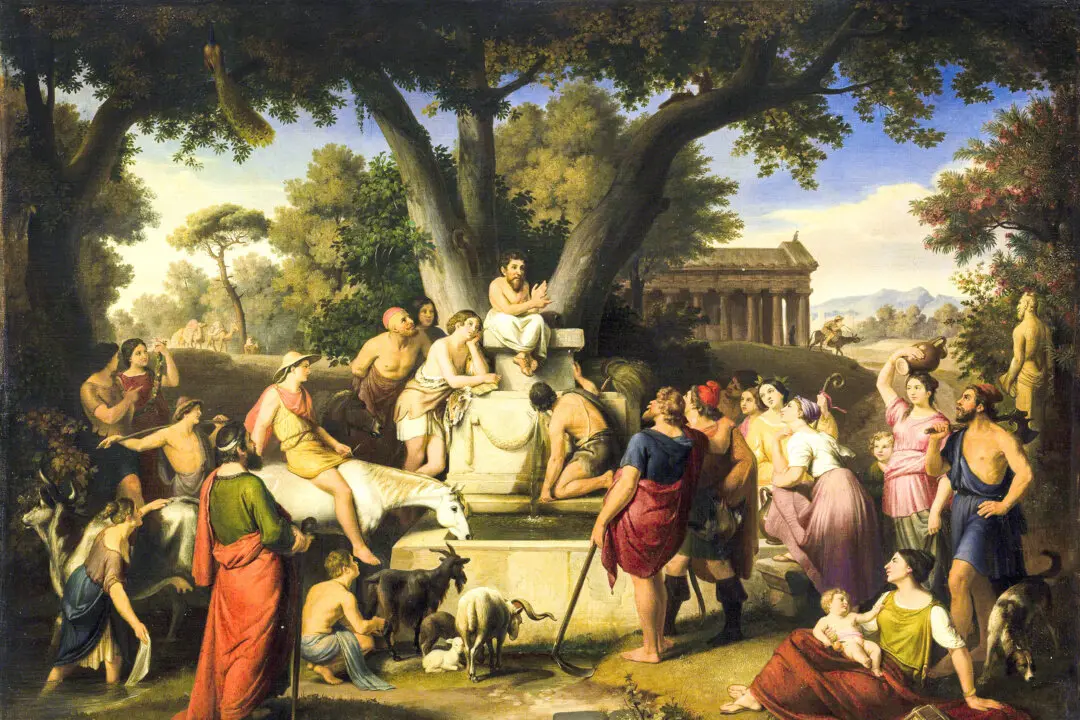From joy to nostalgia, the New Year marks a celebration of life in all its forms.
The official end of the calendar year often carries a mixture of melancholy and anxious excitement. We rejoice at the closure of a year-long journey but feel nostalgia for experiences we might never repeat. We celebrate life, family, and love, but we also ponder the hardships that may lie ahead. Our resolutions are testaments of discipline, but the thought of turning our lives upside down can become daunting.






